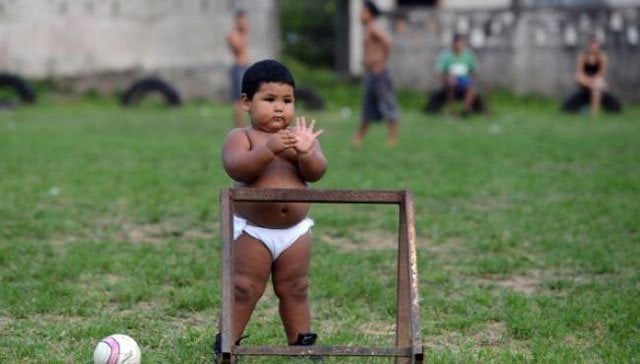
Does income hike really make people happy?
The findings showed that overweight infants were consuming larger meals worth 141 calories than the healthy weight infants with 130 calories, at each meal.
In addition, the overweight toddlers appeared to be consuming more calories than the healthy weight by eating larger portions of the same types of foods.
For every extra 24 calories consumed during each meal, there was a nine per cent increased risk of overweight or obesity. Given that these children are less than two years of age, over time the effects could be substantial, the researchers said.
However, they were not eating more frequently throughout the course of the day.
"Larger portions rather than eating more often may be a risk factor for the development of childhood overweight in early life," said Hayley Syrad from University College London.
It was because there was no difference in the energy density of the meals consumed between overweight and healthy weight toddlers.
Calcium can ensure good night's sleep
Further, the difference in average meal size between the overweight and healthy weight toddlers was 11 calories.
As infants on an average eat five times per day, the difference over the course of a week remained considerable.






1729930993-0/WhatsApp-Image-2024-10-26-at-08-52-06-(2)1729930993-0-270x192.webp)










COMMENTS (1)
Comments are moderated and generally will be posted if they are on-topic and not abusive.
For more information, please see our Comments FAQ